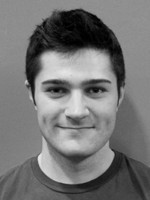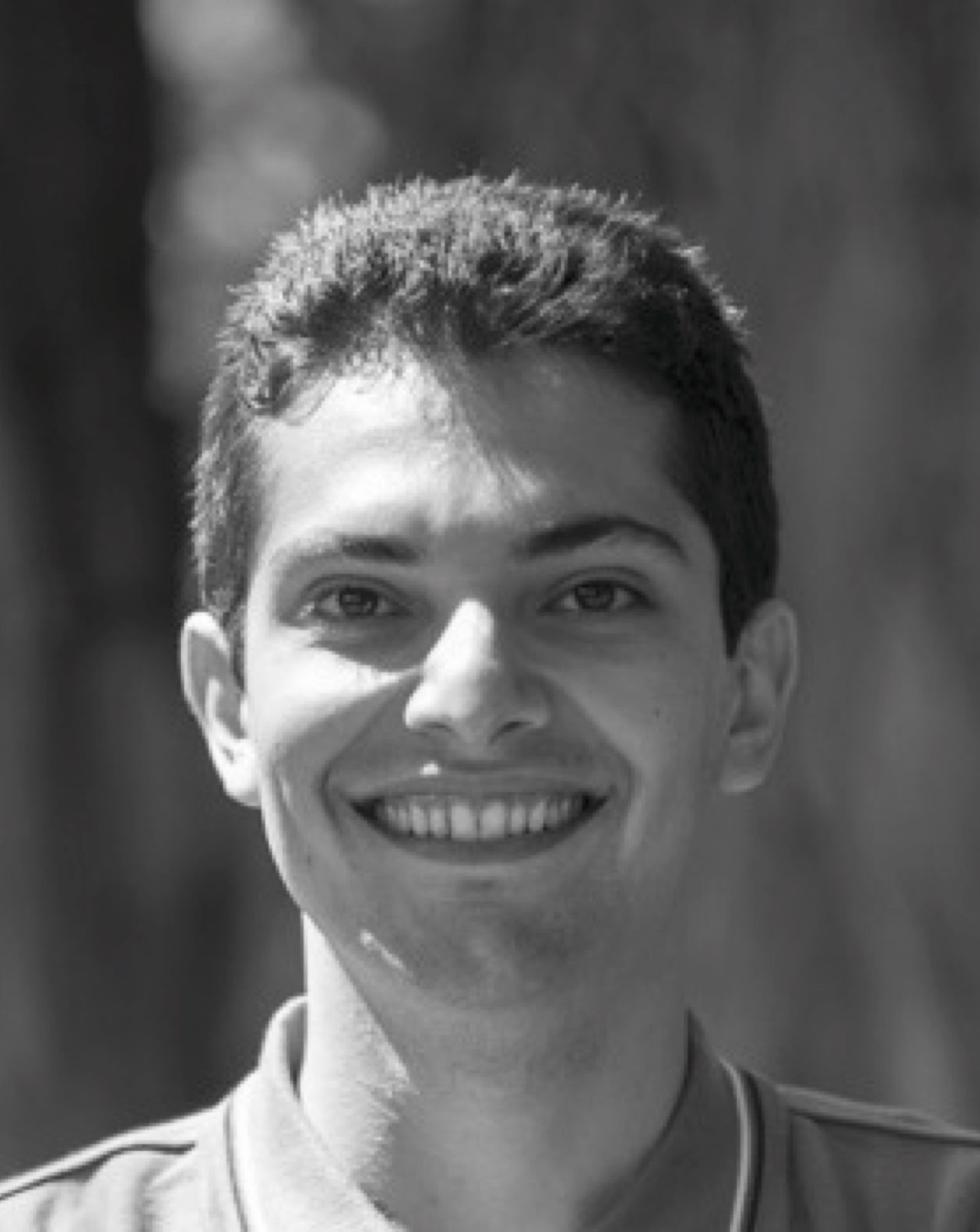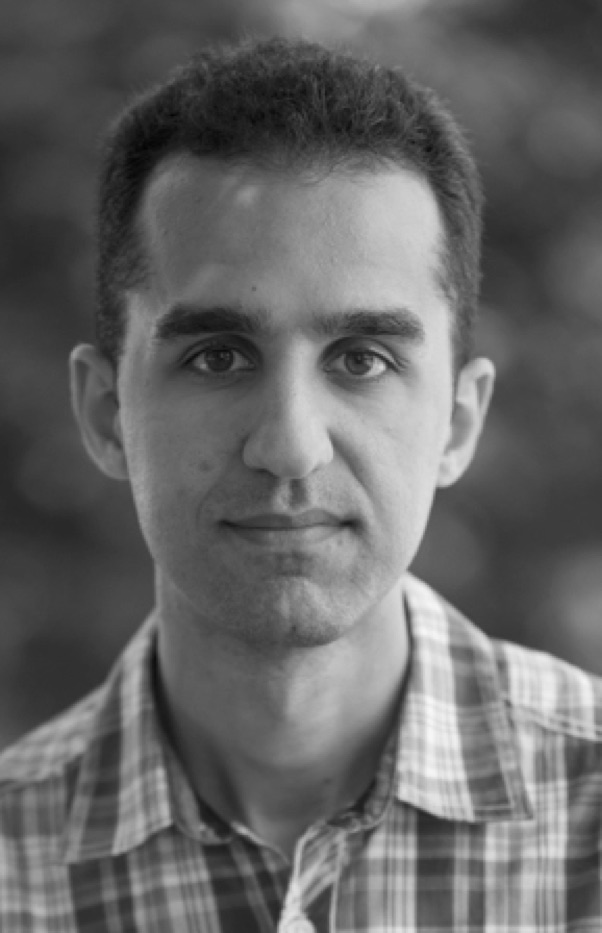
 |
Paul Hines leads the Energy and Complexity Group. He received the Ph.D. in Engineering and Public Policy from Carnegie Mellon University in 2007 and M.S. (2001) and B.S. (1997) degrees in Electrical Engineering from the University of Washington and Seattle Pacific University, respectively. He is currently Professor and the L. Richard Fisher Professor, in the Electrical and Biomedical Engineering Department, with a secondary appointment in the Dept. of Computer Science, at the University of Vermont, and a member of the adjunct research faculty at the Carnegie Mellon Electricity Industry Center. He is also co-founder and CEO of a cleantech startup company known as Packetized Energy. Formerly he worked at the U.S. National Energy Technology Laboratory, the U.S. Federal Energy Regulatory Commission, Alstom ESCA (now Alstom Grid) and for Black and Veatch. He currently serves as the vice-chair of the IEEE PES Working Group on Cascading Failure. He is a National Science Foundation CAREER award winner and his research on blackouts has been featured in Science magazine and Scientific American. Paul Hines' CV, e-mail: (first).(last)@uvm.edu |
 |
Pavan Racherla is a consultant for our group, and the founder of Energy Grid Analytics. |
Current group members
| Andrew Klem | |
| Molly Kelly-Gorham |
Alumni
The following are some of the alumni from our research group
| Caroline Popiel | |
| Austin Thomas | |
| OlaOluwa Akinola | |

|
Samuel C. Chevalier received the B.S. in Electrical Engineering from the University of Vermont in 2015 and the N.S. degree in Electrical Engineering in 2016, both from UVM. He is currently a Ph.D. student in Mechanical Engineering at the Massachusetts Institute of Technology. His research interests include dynamic and voltage stability in power systems, large scale renewable energy penetration and the Smart Grid. |

|
Pooya Rezaei received the M.Sc. and B.Sc. degrees in Electrical Engineering from Sharif University of Technology (2010) and University of Tehran (2008) respectively and the Ph.D. in Electrical Engineering at the University of Vermont in 2015. |

|
Goodarz Ghanavati received the B.S. and M.S. degrees in electrical engineering from Amirkabir University of Technology, Tehran, Iran in 2005 and 2008, respectively, and the Ph.D. in Electrical Engineering from UVM in 2014. Previously, he worked as a design engineer at Monenco Iran Co. His research interests include power system dynamics, stochastic modeling of power systems, phasor measurement unit applications and smart grid. |

|
Mert Korkali received B.S. degrees with a double major in electrical and electronics engineering and in industrial engineering from Bahcesehir University, Istanbul, Turkey, in 2008, and the M.S. and Ph.D. degrees in electrical engineering from Northeastern University, Boston, MA, in 2010 and 2013, respectively. From October 2013 to October 2014, he was a Postdoctoral Research Associate at the School of Engineering at the University of Vermont. Since November 2014, he has been a Postdoctoral Research Staff Member at the Computational Engineering Division, Lawrence Livermore National Laboratory. His current research interests lie at the broad interface of cascading failures, power grid state estimation, fault location, signal processing on graphs, co-simulation of cyber-physical systems, complex networks and their applications. |
 |
Elizabeth Kirby received the M.S. and B.S. degrees in Electrical Engineering at the University of Vermont in 2014 and 2013, respectively. She is currently working for the Bonneville Power Administration in Portland, OR |

|
J. Eduardo Cotilla Sanchez received the M.S. and Ph.D. degrees in electrical engineering from the University of Vermont, Burlington, in 2009 and 2012, respectively. He is currently an Associate Professor in the School of Electrical Engineering and Computer Science at Oregon State University, Corvallis. His primary field of research is the vulnerability of electrical infrastructure, in particular, the study of cascading outages. |

|
William Buchanan received the M.S. and B.S. degrees in Electrical Engineering at the University of Vermont. He is currently working as an Economic Studies Engineer at the Midcontinent Independent System Operator (MISO). |
| Alex Hilshey earned her MS in Electrical Engineering at the University of Vermont (2012) and a BS in Electro-Mechanical Engineering Technology from Penn State University (2009). Her research interests include studying impacts of electric vehicle (EV) battery charging, EV smart charging, and forecasting EV charging load. Her industry experience includes mechanical engineering design work at McLanahan Corporation, Pennsylvania. | |
 |
Amanda Casari is currently leading the data science practice at ProKarma in Redmond, WA. She completed her MS in Electrical Engineering and the Graduate Certificate in Complex Systems at UVM in 2011, and her BS in Control Systems from the United States Naval Academy in 2002. Her research interests include complex networks, making useful things for people and storytelling with time-series data. When she isn't in the mountains, she loves talking with people about science, technology, engineering, art and math. |